If your kitchen sink is giving off a foul smell, the first step is to clean the sink drain. This is where most of the food particles and debris tend to collect, leading to unpleasant odors. To clean the drain, remove the sink stopper and use a wire or drain brush to remove any gunk or residue. Then, pour hot water down the drain to flush out any remaining debris. You can also add a few drops of your favorite essential oil to leave a fresh scent behind.1. Clean the Sink Drain
Baking soda and vinegar are natural and effective cleaning agents that can help eliminate foul smells in your kitchen sink. First, pour half a cup of baking soda down the drain, followed by half a cup of white vinegar. Let the mixture sit for a few minutes, then rinse with hot water. The chemical reaction between the baking soda and vinegar will help break down any buildup and eliminate odors.2. Use Baking Soda and Vinegar
If the smell persists, there may be a clog in your kitchen sink drain. To check for clogs, fill the sink with a few inches of water and then release the stopper. If the water drains slowly or not at all, there is likely a clog that needs to be cleared. You can try using a plunger or a drain snake to remove the clog. Make sure to wear gloves and follow the instructions carefully.3. Check for Clogs
A drain snake is a long, flexible tool that can help clear clogs in your kitchen sink drain. Insert the snake into the drain and twist it while pushing it through the pipes. This will help dislodge any clogs and allow water to flow freely again. Remember to clean the drain snake after use to avoid spreading any bacteria or debris.4. Use a Drain Snake
If the above methods do not work, you can try using a commercial drain cleaner. There are many options available in the market, so make sure to choose one that is safe for your pipes and environmentally friendly. Follow the instructions on the product carefully and avoid mixing different types of cleaners, as this can create harmful chemical reactions.5. Use a Commercial Drain Cleaner
In some cases, the foul smell in your kitchen sink may be caused by a leak somewhere in the plumbing. Check under the sink and around the pipes for any signs of leakage. If you notice any water or moisture, it is best to call a plumber to fix the issue. Ignoring a leak can lead to further damage and even more unpleasant odors.6. Check for Leaks
The garbage disposal is another common culprit for foul smells in the kitchen sink. To clean it, first, turn off the power to the disposal. Then, use a scrub brush or an old toothbrush to clean the blades and the inside of the disposal. You can also add a few drops of dish soap and run the disposal with cold water to freshen it up.7. Clean the Garbage Disposal
For a natural and refreshing scent in your kitchen sink, you can use lemon or citrus peels. Simply place a few peels in the disposal and run it with cold water. The citrus oils will help eliminate any unpleasant odors and leave your sink smelling fresh and clean. You can also grind the peels in the disposal to help clean the blades and remove any buildup.8. Use Lemon or Citrus Peels
If you don't have any baking soda or vinegar on hand, you can use a simple mixture of hot water and dish soap to clean your kitchen sink. Start by running hot water down the drain for a few minutes to loosen any debris. Then, pour a few tablespoons of dish soap down the drain and let it sit for a few minutes. Finally, rinse with hot water to remove any residue and leave a pleasant scent behind.9. Use a Mixture of Hot Water and Dish Soap
If none of the above methods work and the foul smell in your kitchen sink persists, it may be time to call a professional plumber. They will be able to identify and fix any underlying issues that may be causing the odor. It is always better to address the problem early on rather than letting it escalate and potentially cause more damage and unpleasant smells. By following these tips and regularly cleaning your kitchen sink, you can keep foul smells at bay and maintain a fresh and clean kitchen. Remember to also practice proper food waste disposal habits to prevent clogs and buildup in the first place. With a little effort and attention, you can say goodbye to foul smells in your kitchen sink for good.10. Call a Plumber if the Problem Persists
Foul Smell in Kitchen Sink: Causes, Solutions, and Prevention
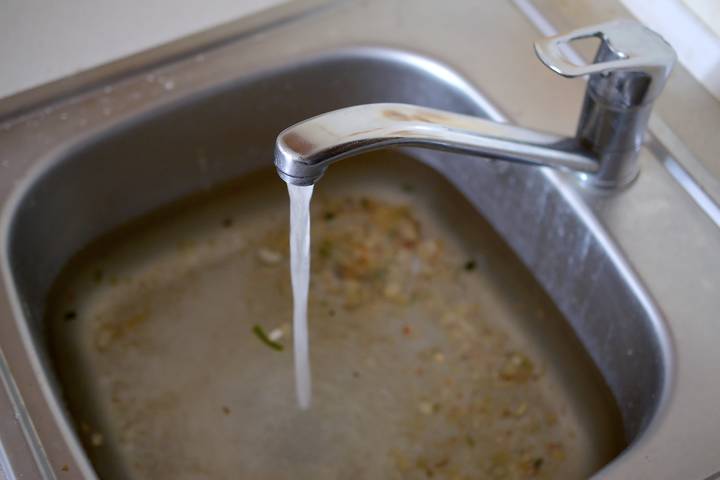
Introduction
 The kitchen is often considered the heart of the home, where delicious meals are prepared and memories are made. However, a foul smell in the kitchen sink can quickly put a damper on the cooking experience. Not only is it unpleasant, but it can also be a sign of underlying issues that need to be addressed. In this article, we will discuss the causes, solutions, and prevention methods for a foul smell in the kitchen sink.
The kitchen is often considered the heart of the home, where delicious meals are prepared and memories are made. However, a foul smell in the kitchen sink can quickly put a damper on the cooking experience. Not only is it unpleasant, but it can also be a sign of underlying issues that need to be addressed. In this article, we will discuss the causes, solutions, and prevention methods for a foul smell in the kitchen sink.
Causes of Foul Smell in Kitchen Sink
 There are several reasons why your kitchen sink may emit a foul odor. One of the most common causes is food debris and waste buildup in the drain pipes. When food particles are not properly disposed of, they can accumulate in the pipes and start to decompose, producing a rotten smell. Another culprit could be a clogged or blocked drain, which can trap food particles and cause them to rot. Additionally, bacteria and mold growth in the sink can also contribute to a bad smell.
There are several reasons why your kitchen sink may emit a foul odor. One of the most common causes is food debris and waste buildup in the drain pipes. When food particles are not properly disposed of, they can accumulate in the pipes and start to decompose, producing a rotten smell. Another culprit could be a clogged or blocked drain, which can trap food particles and cause them to rot. Additionally, bacteria and mold growth in the sink can also contribute to a bad smell.
Solutions for Foul Smell in Kitchen Sink
 If you are experiencing a foul smell in your kitchen sink, there are several solutions you can try to eliminate it. The first step is to thoroughly clean the sink and drain area. Use a mixture of hot water and vinegar to flush out any debris and kill bacteria. You can also try using a plunger to unclog any blockages in the drain. If the smell persists, consider using a commercial drain cleaner or calling a professional plumber to inspect and fix the issue.
If you are experiencing a foul smell in your kitchen sink, there are several solutions you can try to eliminate it. The first step is to thoroughly clean the sink and drain area. Use a mixture of hot water and vinegar to flush out any debris and kill bacteria. You can also try using a plunger to unclog any blockages in the drain. If the smell persists, consider using a commercial drain cleaner or calling a professional plumber to inspect and fix the issue.
Prevention of Foul Smell in Kitchen Sink
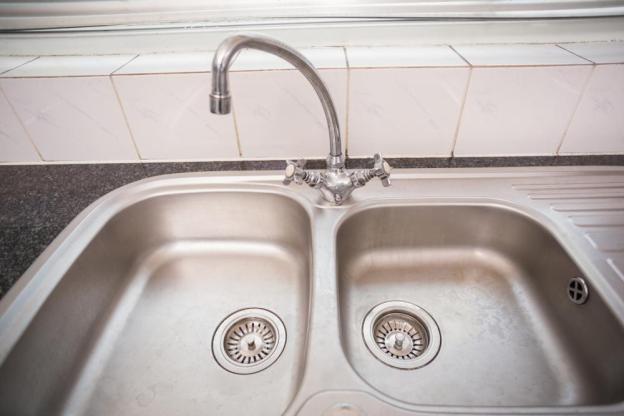 The best way to prevent a foul smell in your kitchen sink is to practice good maintenance habits. Always dispose of food waste properly and regularly clean your sink and drain with hot water and vinegar. You can also pour a cup of baking soda followed by a cup of hot water down the drain once a week to keep it clean and odor-free. Additionally, make sure your sink is properly ventilated to prevent mold and bacteria growth.
The best way to prevent a foul smell in your kitchen sink is to practice good maintenance habits. Always dispose of food waste properly and regularly clean your sink and drain with hot water and vinegar. You can also pour a cup of baking soda followed by a cup of hot water down the drain once a week to keep it clean and odor-free. Additionally, make sure your sink is properly ventilated to prevent mold and bacteria growth.
In Conclusion
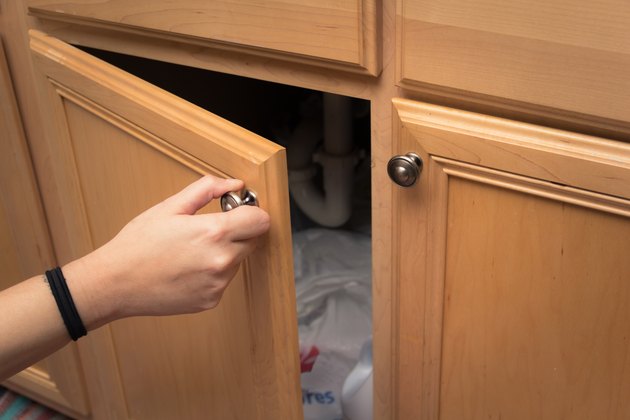 A foul smell in the kitchen sink can be a nuisance, but it is not something that cannot be fixed. By identifying the causes, implementing effective solutions, and practicing good maintenance habits, you can eliminate the unpleasant odor and enjoy a fresh and clean kitchen. Remember to address the issue promptly to prevent any potential health hazards and maintain a pleasant cooking environment.
A foul smell in the kitchen sink can be a nuisance, but it is not something that cannot be fixed. By identifying the causes, implementing effective solutions, and practicing good maintenance habits, you can eliminate the unpleasant odor and enjoy a fresh and clean kitchen. Remember to address the issue promptly to prevent any potential health hazards and maintain a pleasant cooking environment.







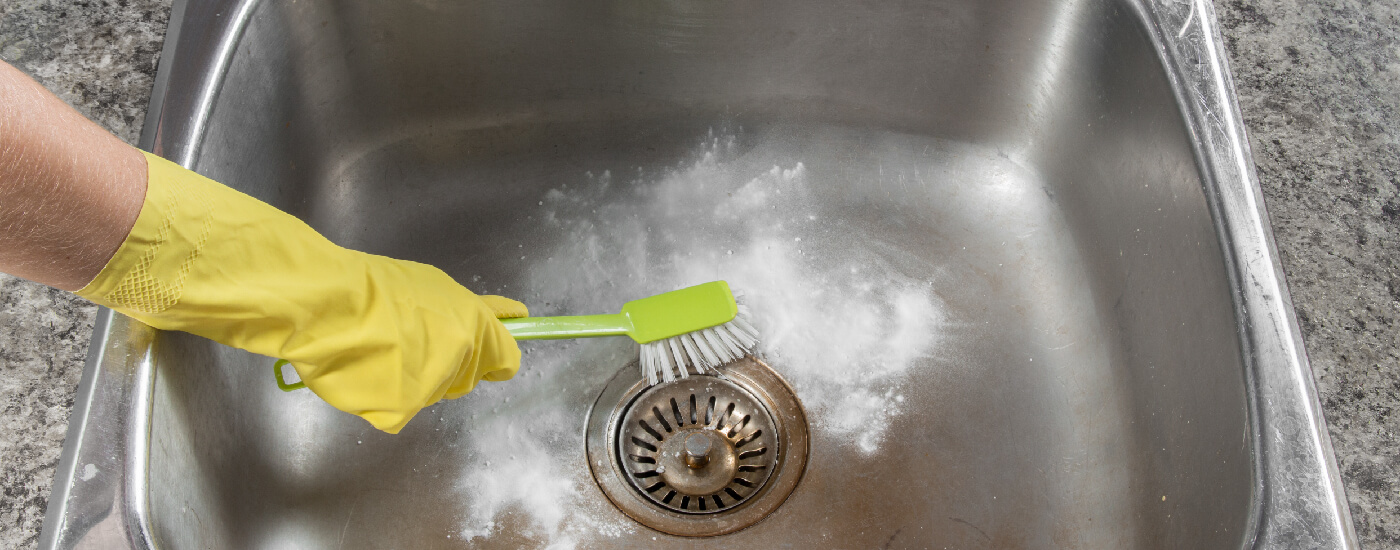


:strip_icc()/how-to-clean-a-bathroom-sink-drain-01-c728294c8bee42428afdf3e69f449279.jpg)





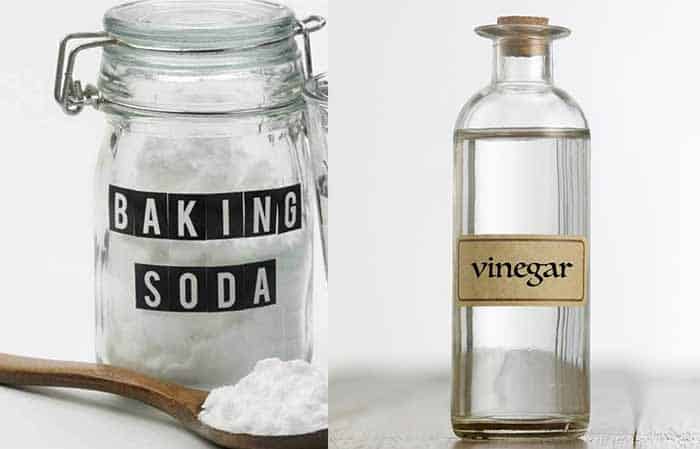
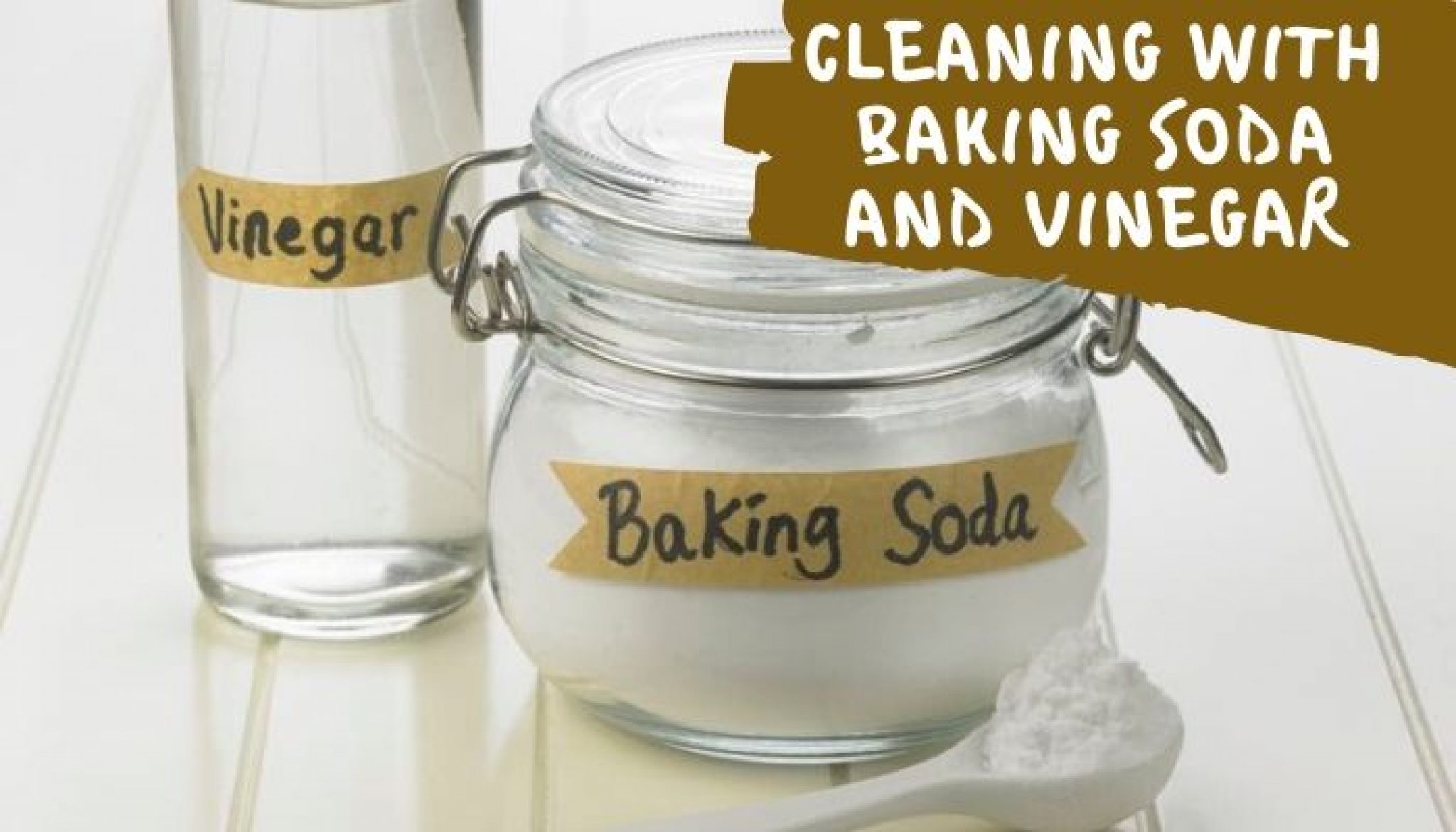
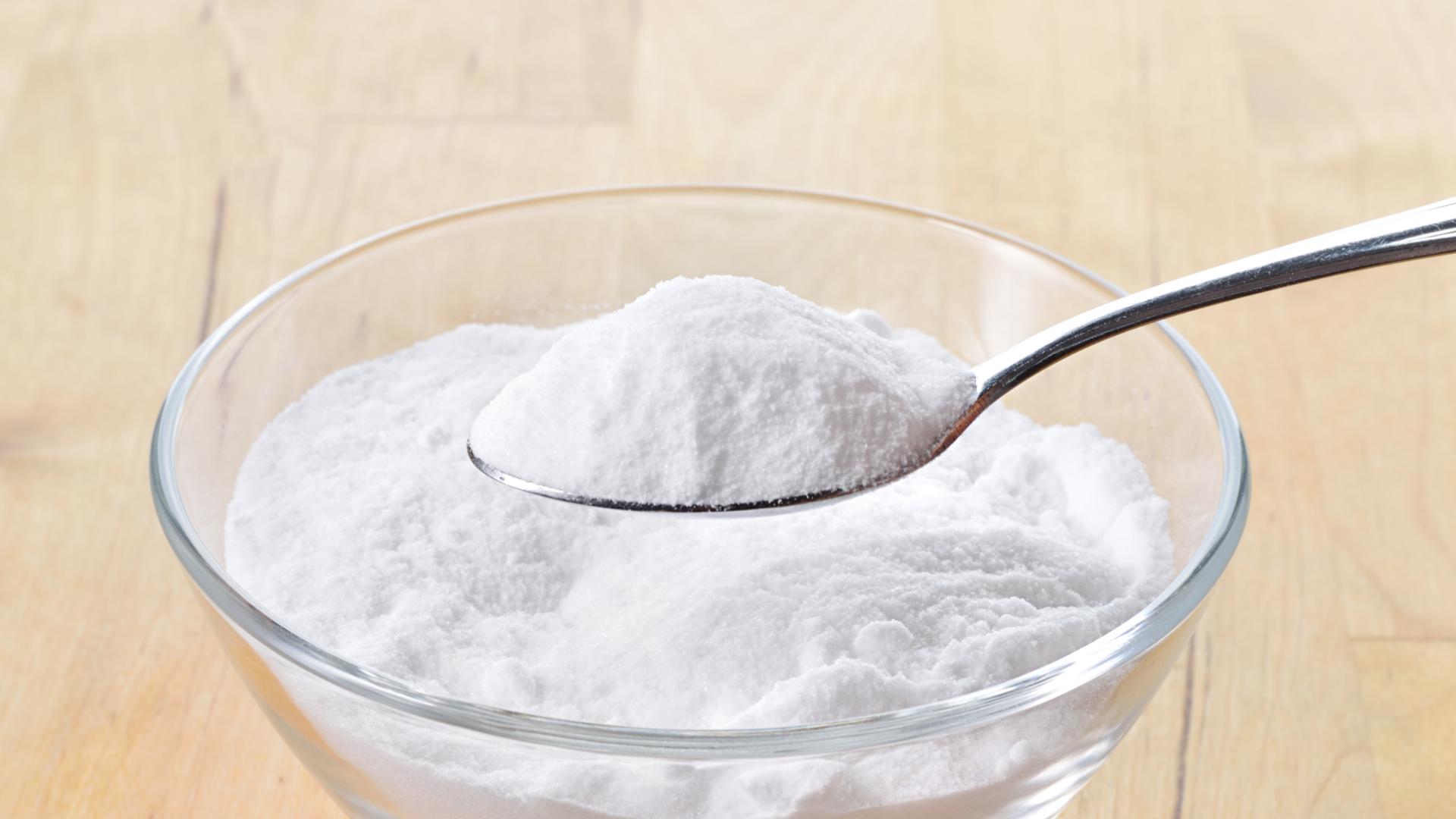
















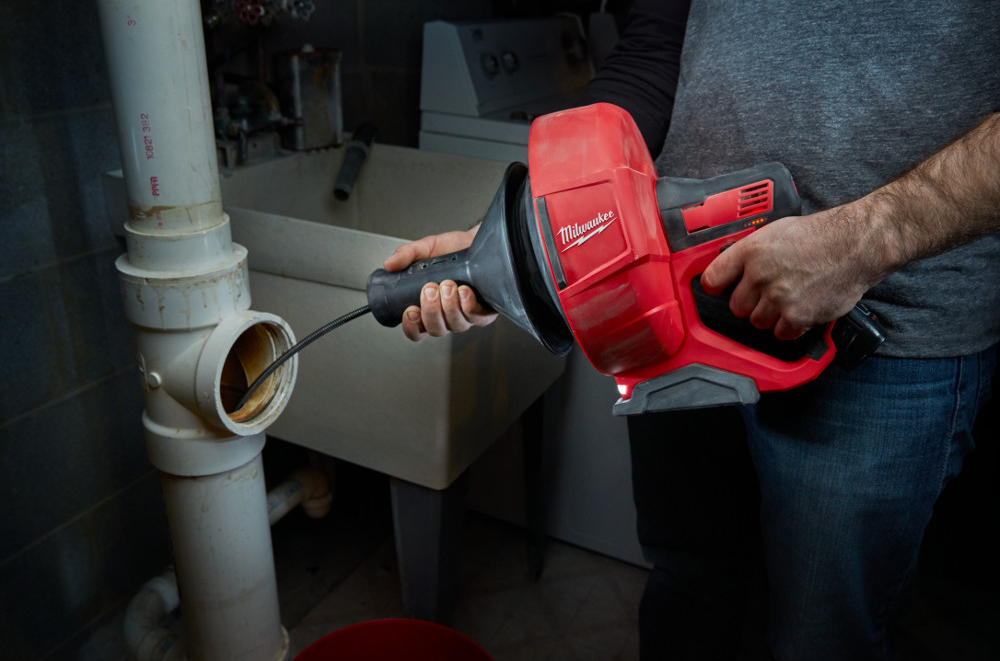







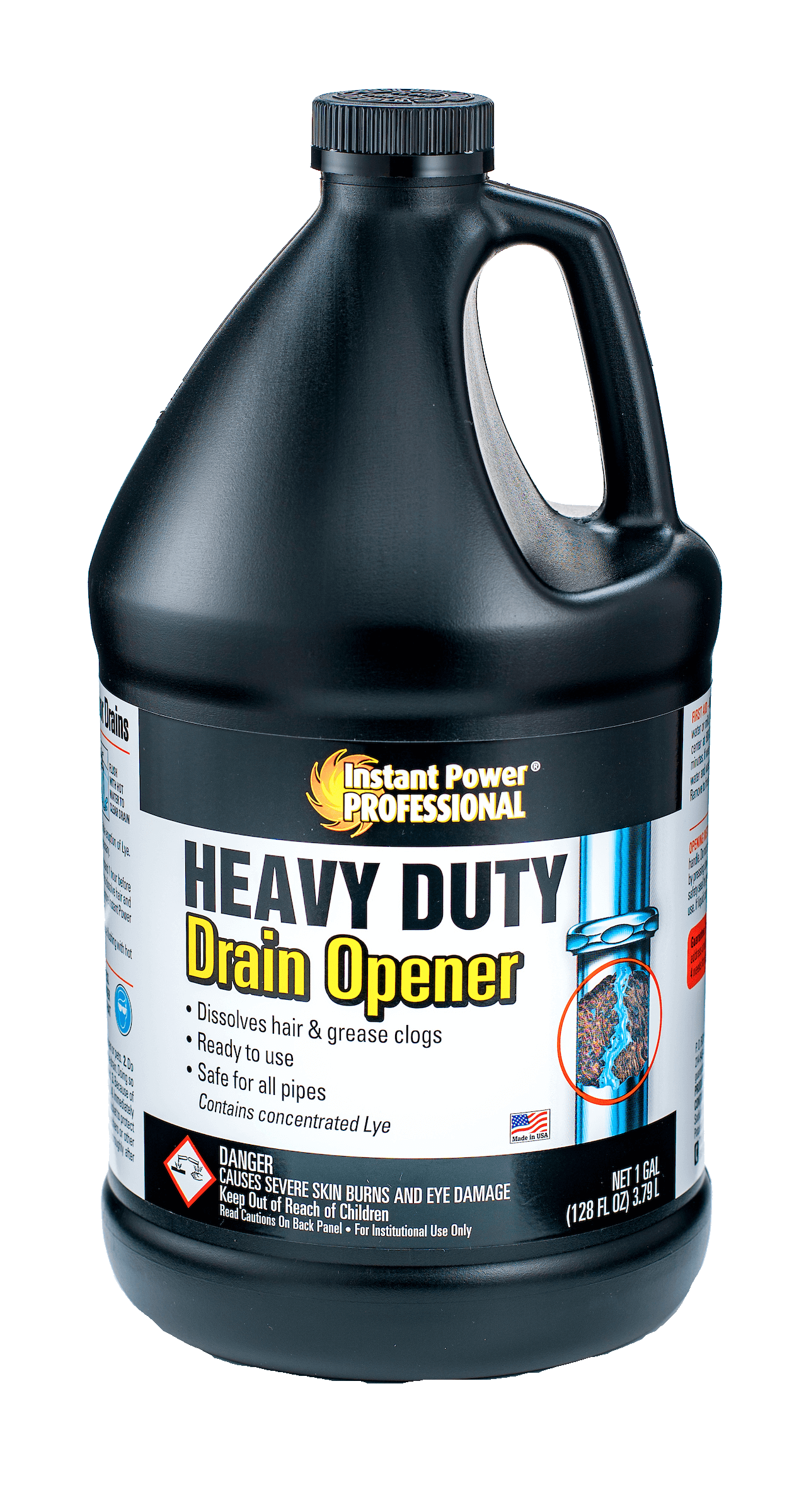



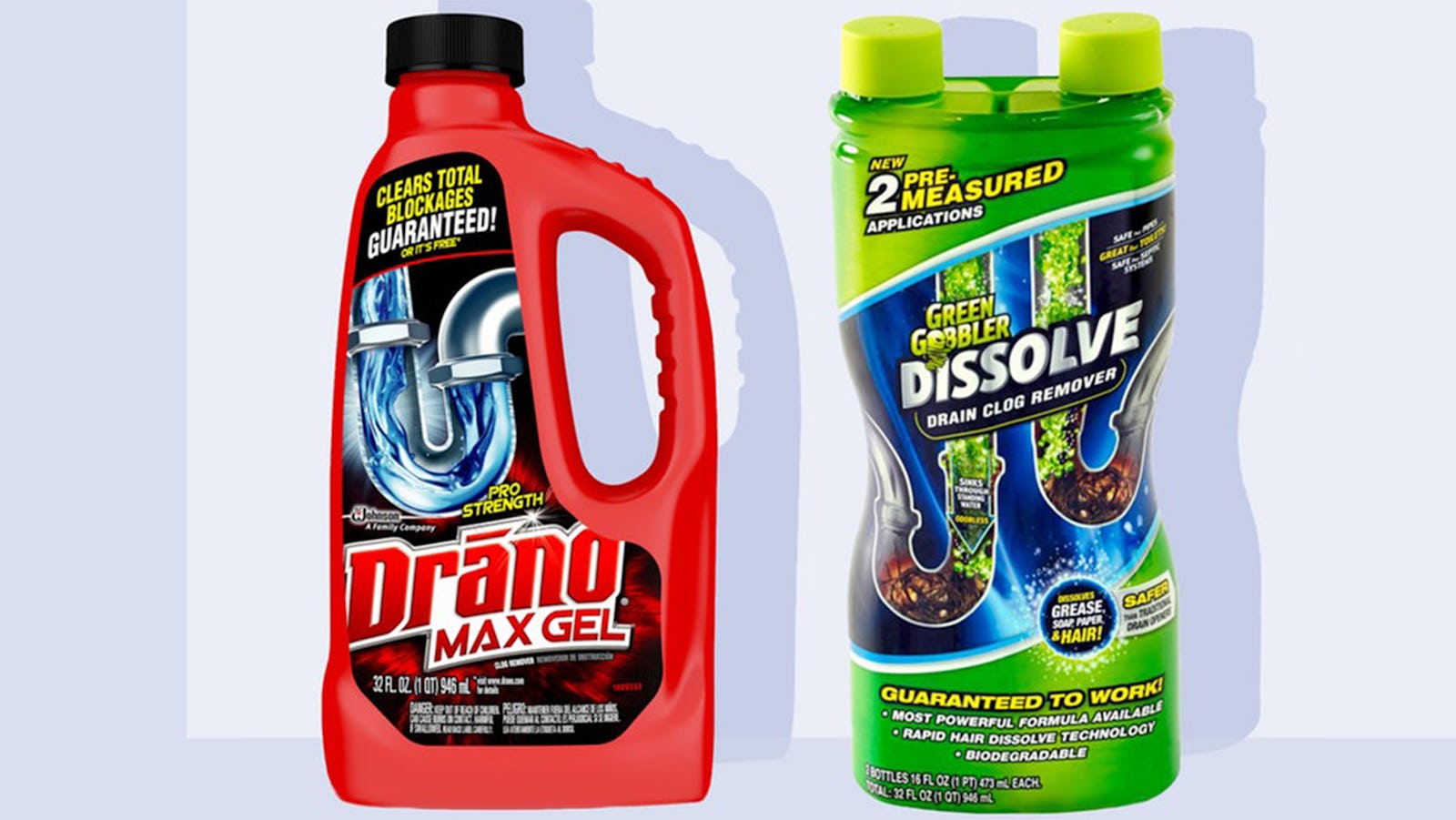
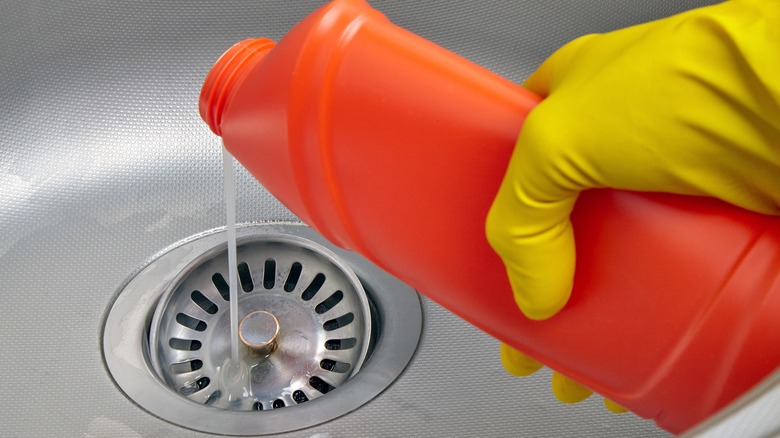
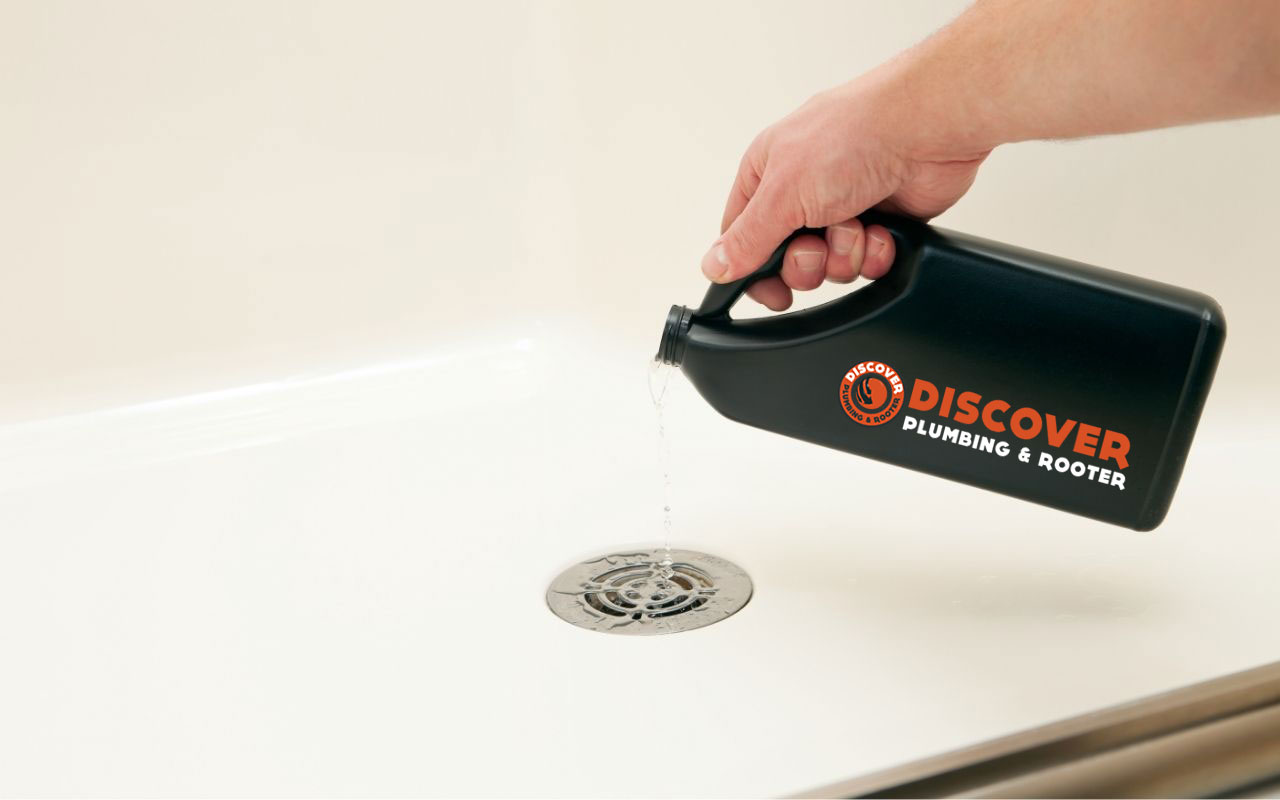












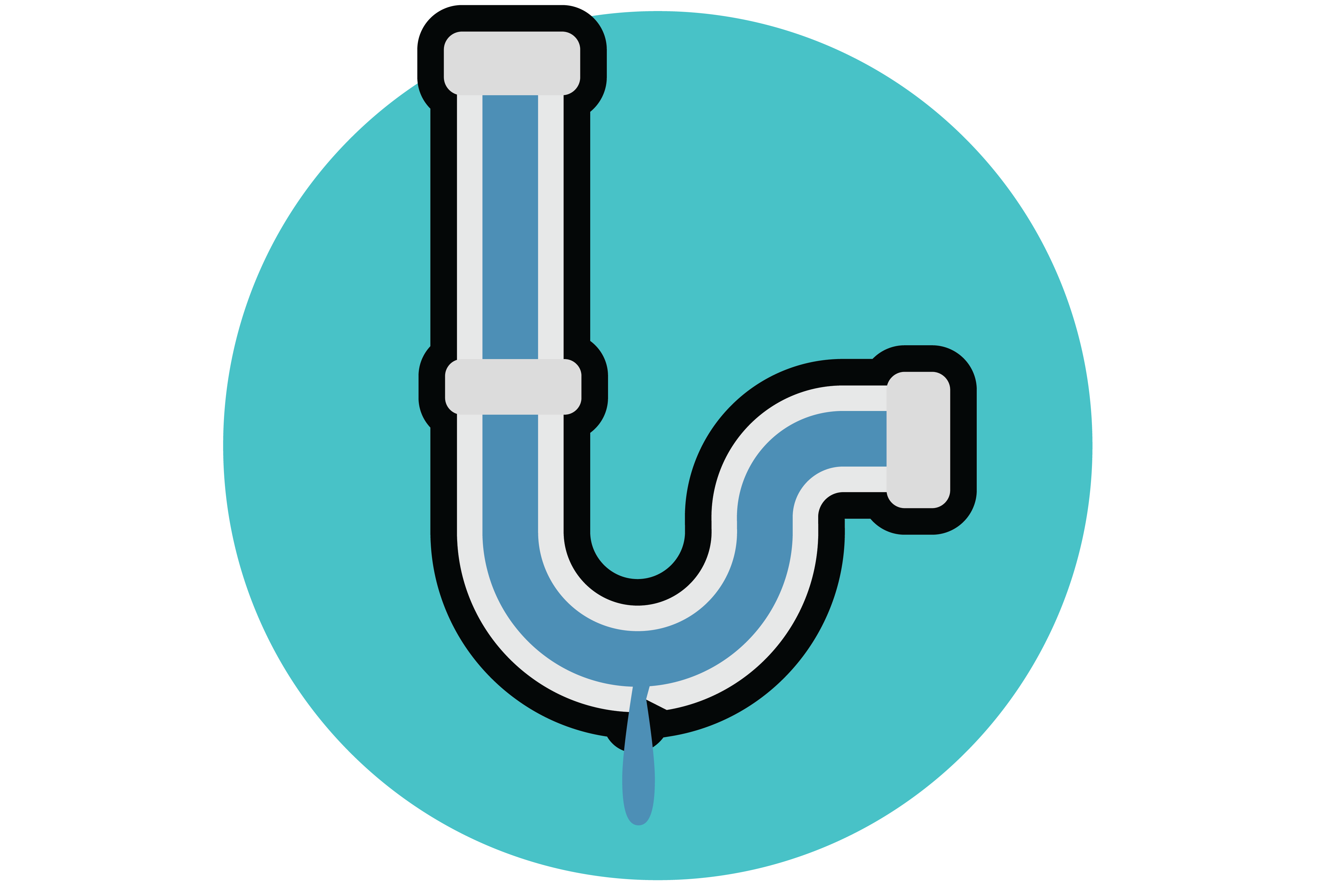










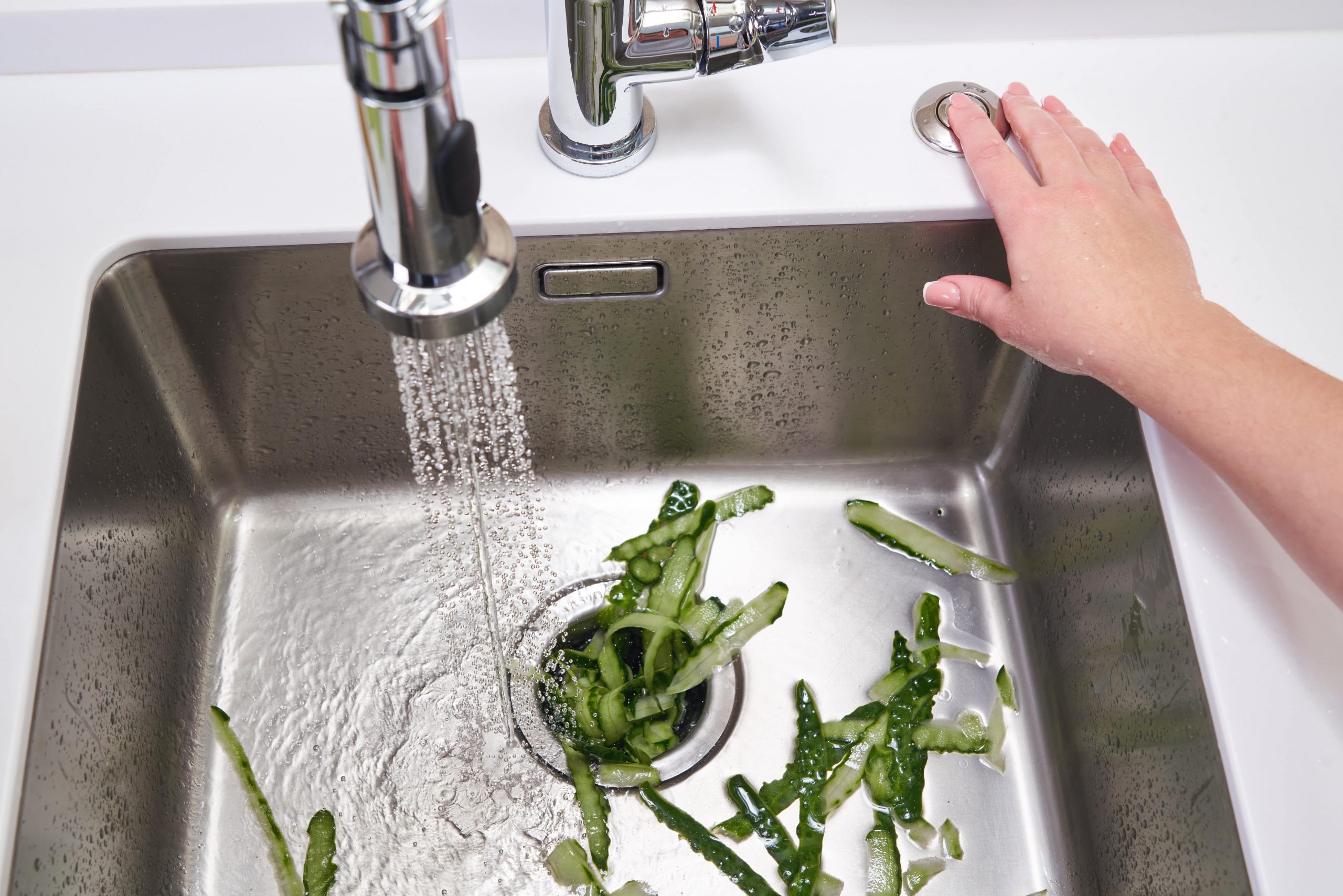
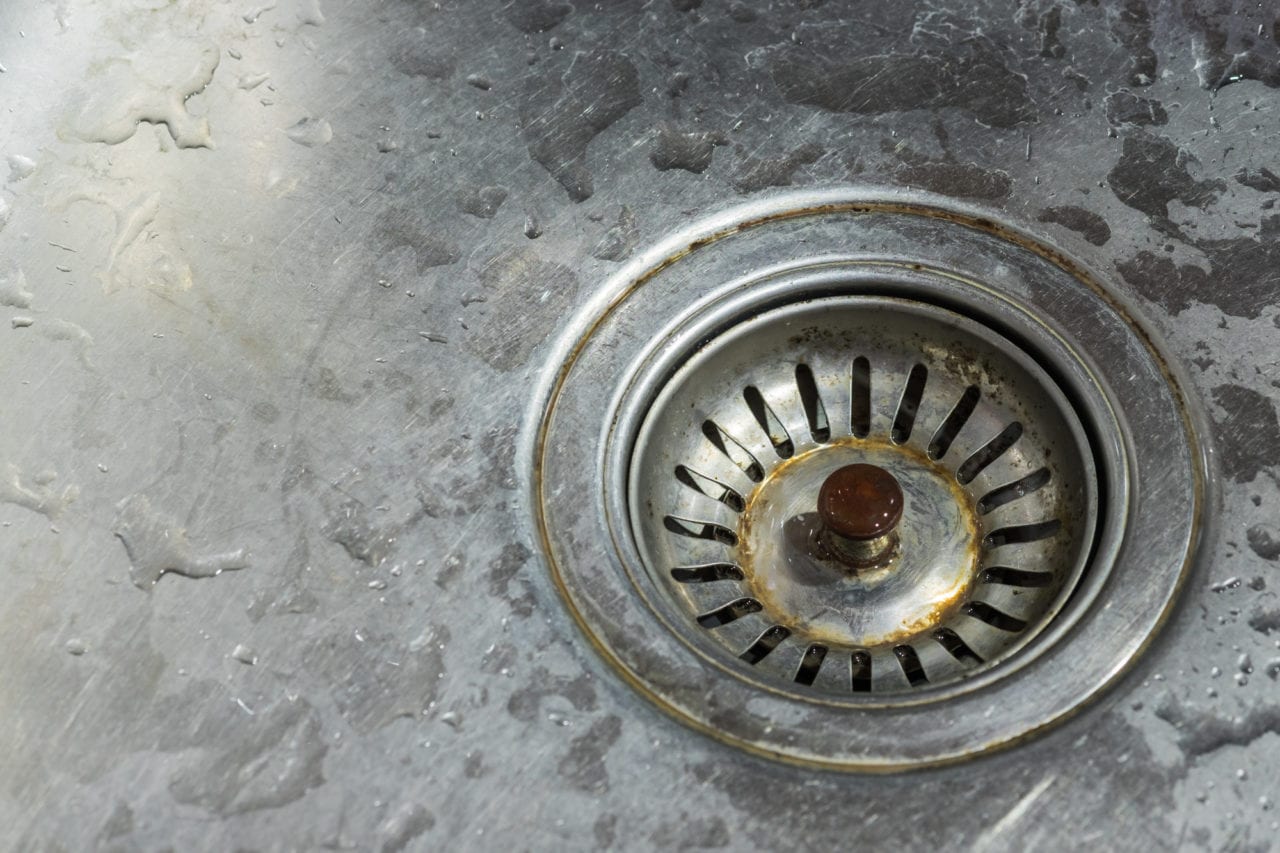












:max_bytes(150000):strip_icc()/Vemba_id_12702177-HowtoPeelAnOrange-5a8dc31604d1cf0036f2e104.jpg)

/GettyImages-588933009-56aa706f5f9b58b7d006a049.jpg)





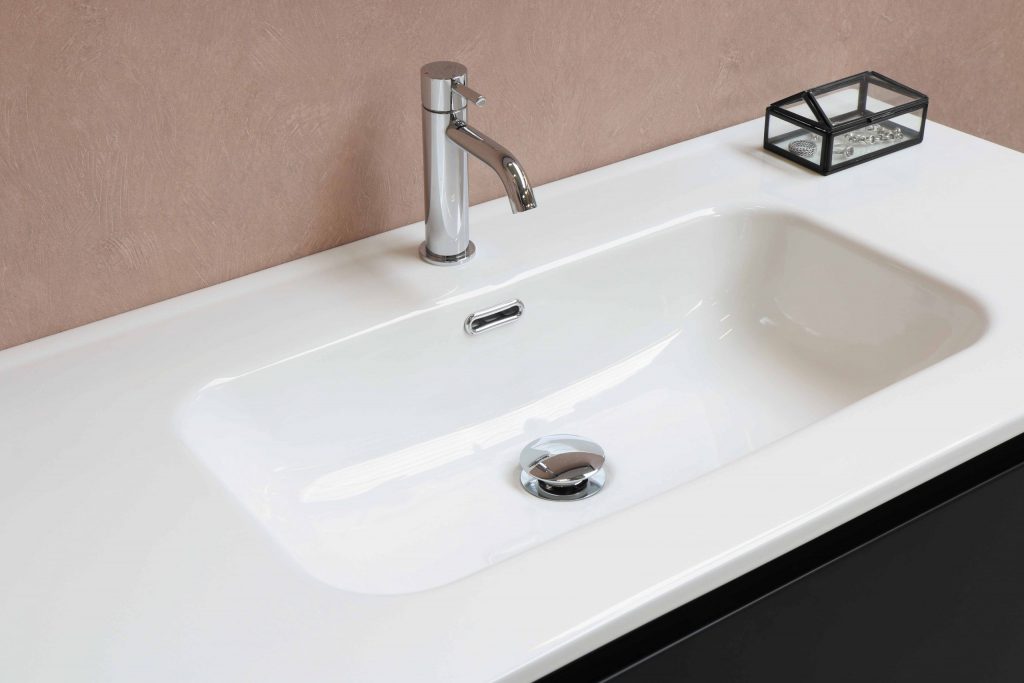

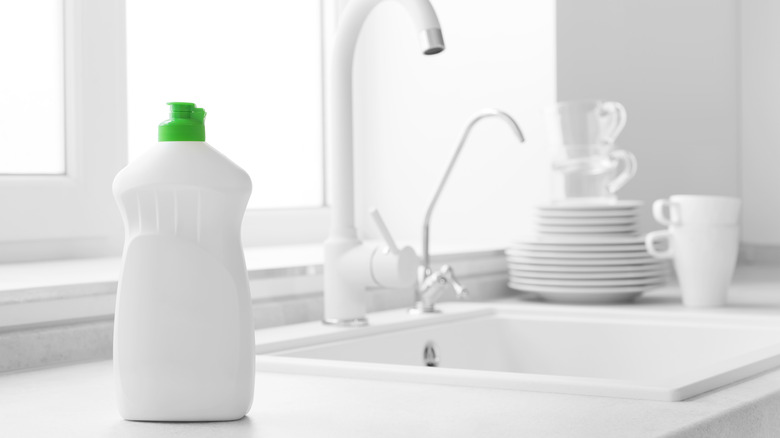
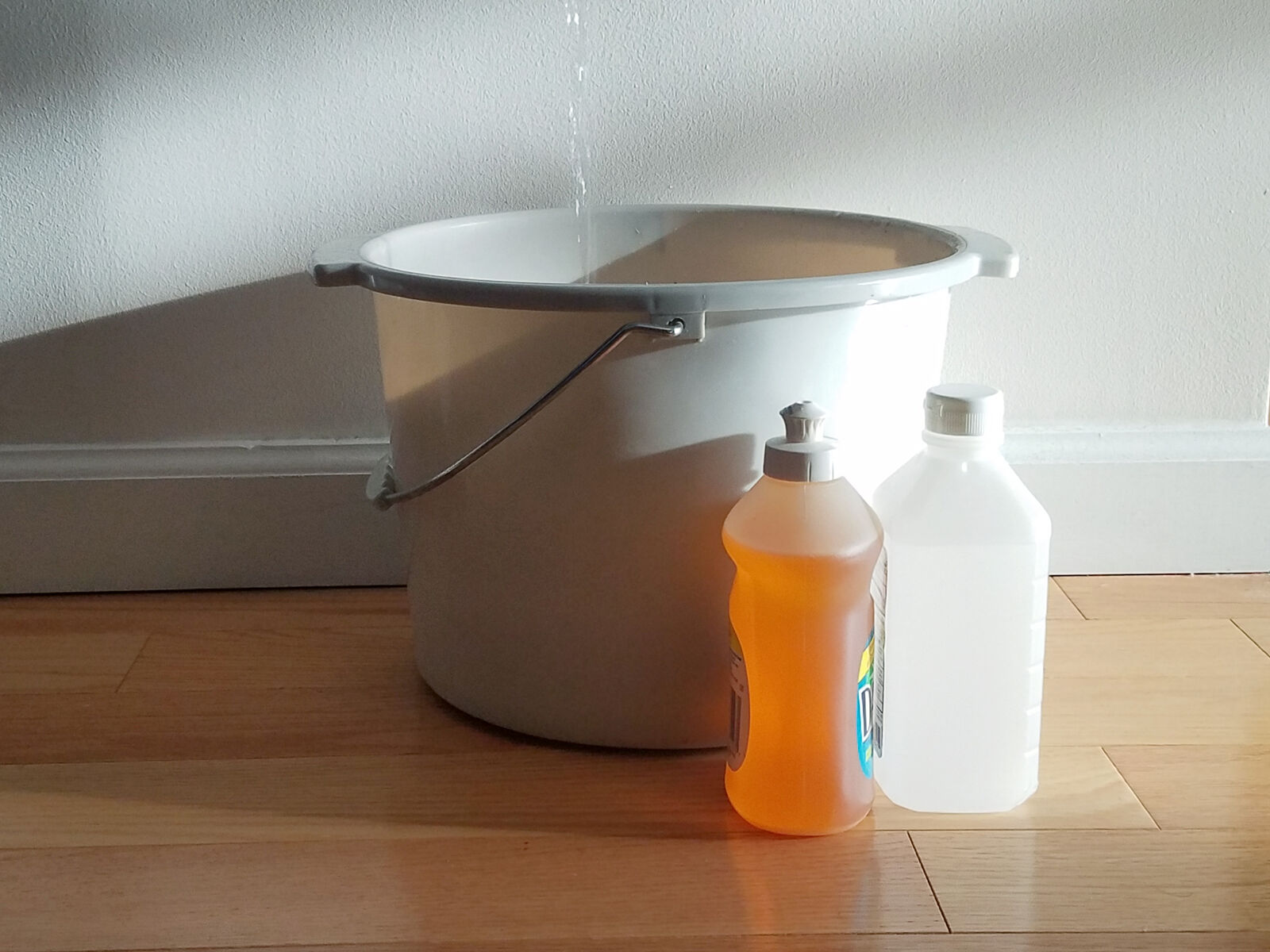


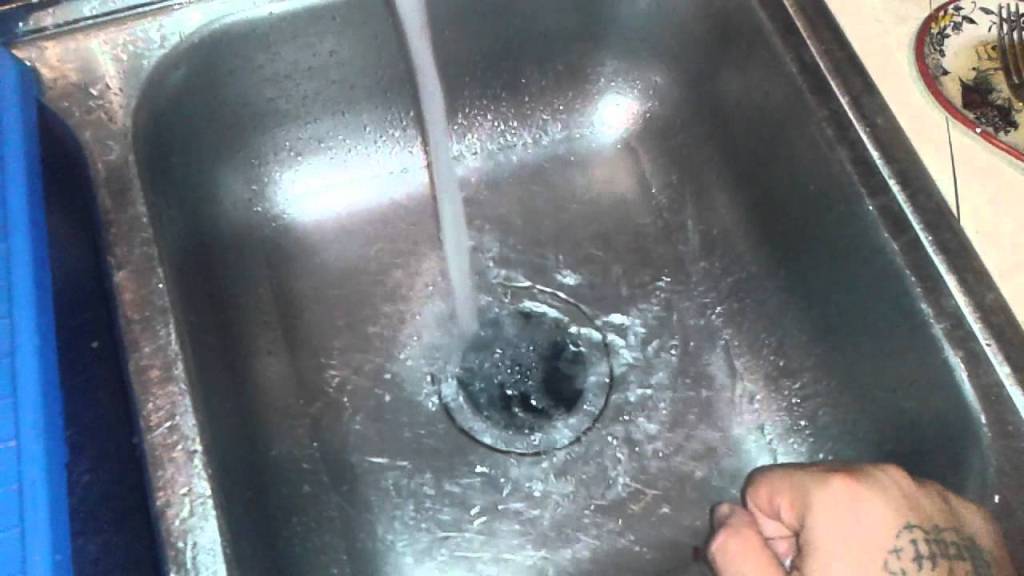














/small-living-room-ideas-4129044-hero-25cff5d762a94ccba3472eaca79e56cb.jpg)





